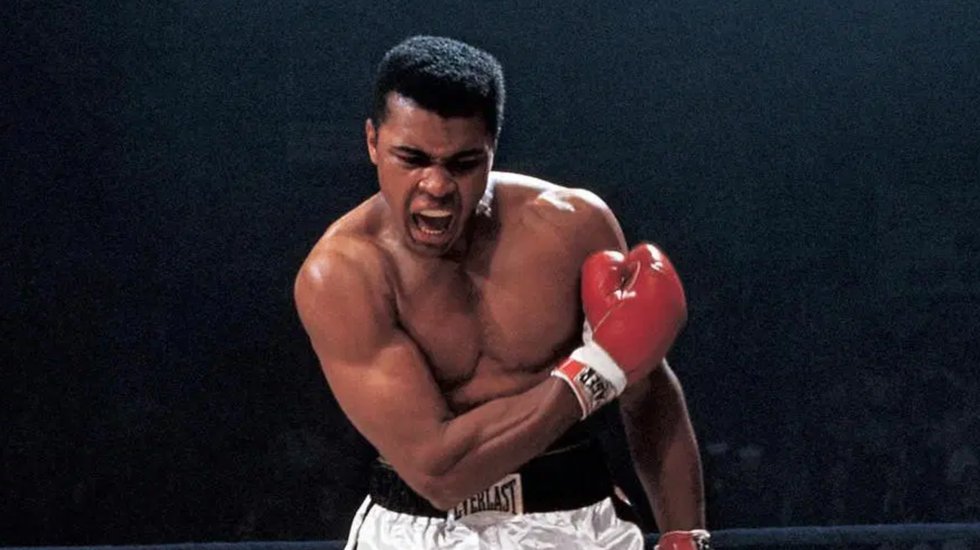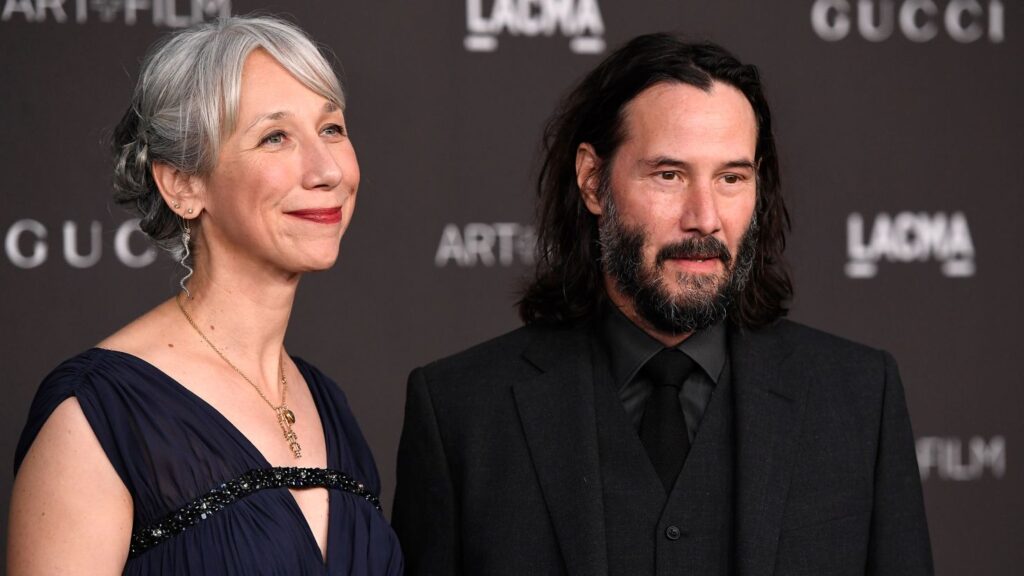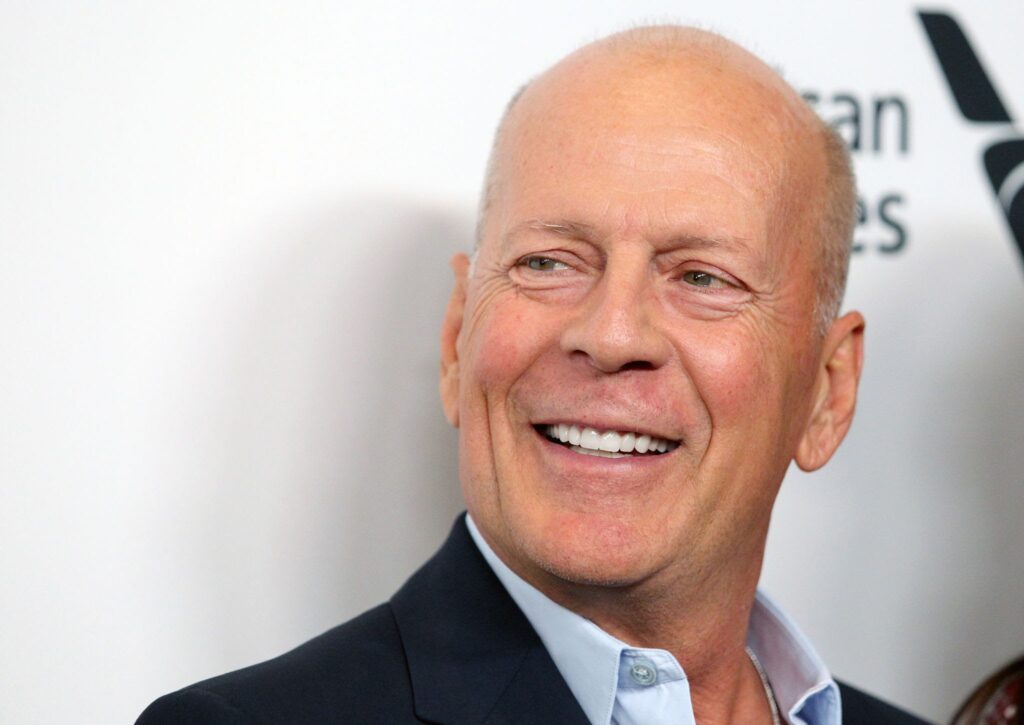Muhammad Ali, born Cassius Marcellus Clay Jr. on January 17, 1942, in Louisville, Kentucky, was a legendary American professional boxer, activist, and cultural icon. Widely regarded as one of the greatest boxers of all time, Ali’s influence extended far beyond the ring, as he became a global figure for civil rights, humanitarianism, and self-confidence.
Early Life and Introduction to Boxing
Ali was born into a working-class family, the elder of two boys. His father, Cassius Sr., was a sign painter, and his mother, Odessa Grady Clay, worked as a household domestic. At age 12, young Cassius discovered boxing almost accidentally. After his bike was stolen, he vowed to “whup” the thief, prompting a local police officer and boxing coach, Joe E. Martin, to guide him into the sport.
By age 14, Ali was competing in amateur bouts and showing exceptional talent. He won two national Golden Gloves titles and a Light Heavyweight gold medal at the 1960 Rome Olympics, solidifying his reputation as a rising star in the boxing world.
Professional Boxing Career
Ali turned professional in 1960, signing with the Louisville Sponsoring Group. Known for his unorthodox style—combining lightning-fast footwork, dazzling hand speed, and a fearless attitude—Ali quickly gained attention. He often predicted the exact round in which he would defeat his opponents, a bold practice that matched his vibrant personality.
Key Moments:
- World Heavyweight Champion (1964)
At just 22 years old, Ali (then Cassius Clay) defeated Sonny Liston to become the heavyweight champion of the world. Shortly after, he announced his conversion to Islam and adopted the name Muhammad Ali. - “The Fight of the Century” (1971)
Ali faced Joe Frazier in one of the most anticipated fights in history. Though Ali lost in a 15-round decision, the bout solidified his reputation as a boxing legend. - “Rumble in the Jungle” (1974)
Ali defeated George Foreman in Zaire with his famous “rope-a-dope” strategy, regaining the heavyweight title in one of boxing’s most iconic events. - “Thrilla in Manila” (1975)
In a brutal third bout against Frazier, Ali emerged victorious, cementing their rivalry as one of the greatest in sports history.
Over his career, Ali had a professional record of 56 wins (37 by KO), 5 losses, and 0 draws.
Activism and Social Impact
Ali’s influence extended beyond the ring. In 1967, he refused induction into the U.S. Army during the Vietnam War, citing his religious beliefs and opposition to the war. His declaration, “I ain’t got no quarrel with them Viet Cong,” became a rallying cry for the anti-war movement.
As a result, Ali was stripped of his titles, banned from boxing for nearly four years, and faced significant legal and financial hardships. In 1971, the U.S. Supreme Court overturned his conviction for draft evasion, and Ali returned to the ring.
Ali also became a symbol of the civil rights movement, advocating for racial equality and justice. His charisma, wit, and unapologetic confidence inspired millions worldwide.
Personal Life
Ali was married four times and had nine children, including his daughter Laila Ali, who became a professional boxer. Despite his larger-than-life persona, Ali was deeply spiritual and generous, dedicating much of his later life to humanitarian efforts.
Later Years and Legacy
In 1984, Ali was diagnosed with Parkinson’s disease, a degenerative neurological condition likely linked to his boxing career. Despite his illness, he remained active in public life, raising awareness and funds for Parkinson’s research.
Ali’s achievements and contributions earned him numerous accolades, including being named Sportsman of the Century by Sports Illustrated and BBC. His influence transcended sports, making him a global icon for courage, resilience, and humanity.
Death and Tributes
Muhammad Ali passed away on June 3, 2016, in Scottsdale, Arizona, at the age of 74. His funeral, attended by world leaders, athletes, and fans, was a testament to his enduring impact. Ali’s legacy continues to inspire as a symbol of strength, compassion, and unwavering principle.
Quote
“Float like a butterfly, sting like a bee. The hands can’t hit what the eyes can’t see.”
— Muhammad Ali



